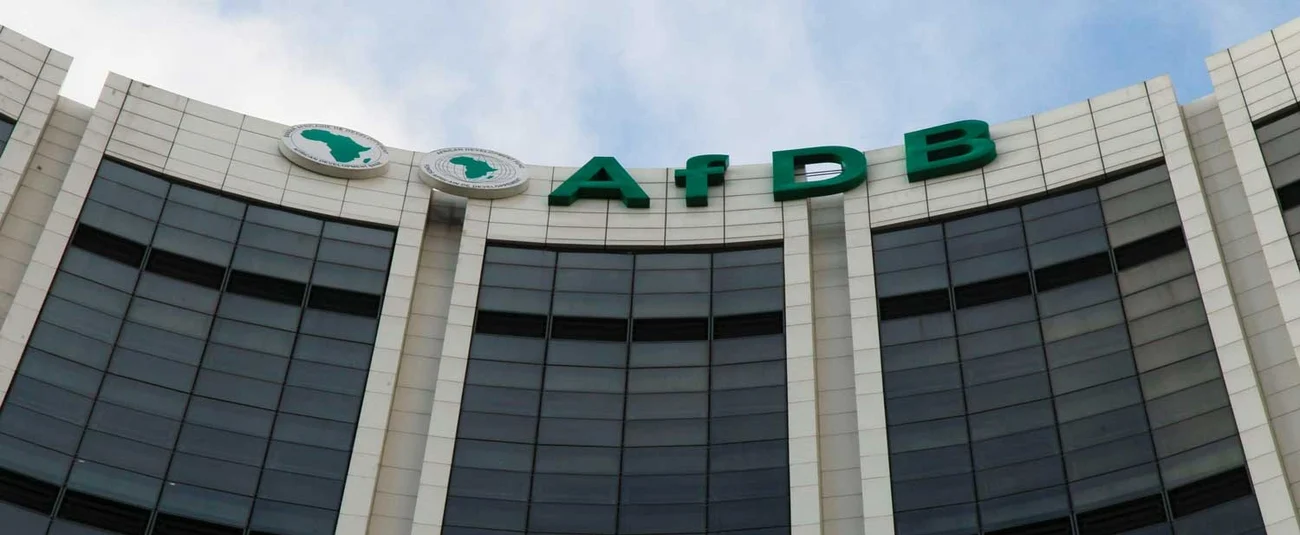The Minister of Finance, Wale Edun, has assured Nigerians that the economy is flourishing under President Bola Tinubu’s leadership, highlighting that the country achieved a remarkable $55 billion in non-oil exports last year.
Edun revealed this in his address to press men at the State House, Abuja on Tuesday on the outcome of President Tinubu’s meeting with the council of states, according to Nairametrics.
Edun noted that there is a trade surplus as a result of the increase in exports, indicating that both domestic and foreign investors are progressively coming back to the economy.
According to Edun, investors are generating a lot of opportunities in the economy, especially in the infrastructure sectors, despite the high rate of inflation.
“In broad terms, the economy is growing. The balance of payment in particular. The trade balance and the current account balance are in surplus. The exchange rate is stabilizing. The inflation though uncomfortably high for the liking of Mr. President and his team, it is slowing and set to fall.
“Foreign investors, domestic investors who are participating in important private-public partnership, particularly in infrastructure sector. Foreign direct investment is beginning to recover, I will say. On that basis, we reported in particular the opportunities for the economy to stabilize.
“We identify in the meeting that we have non-oil export at $55 billion last year with tremendous room to grow,” Edun stated.
Edun added that the government is placing a strong emphasis on the service sector to provide employment opportunities for young Nigerians.
The Minister stressed that to lower the high cost of living brought on by growing inflation, the government would keep bolstering the economy through a variety of calculated initiatives.
“In particular, we identify that the service sector—such as software services, accounting services, computer services—which can be provided by young Nigerians. These Nigerians staying in Nigeria and providing services through the internet and telephone. Outsourcing was a big area we emphasized on.
“In nutshell, we reported that there was good progress being made and efforts are going to continue to ensure that the interventions to ameliorate the high cost of living for individuals, agricultural sectors, small scale business,” Edun explained.
Crude oil production has been a major contributor to Nigeria’s exports for more than 40 years, accounting for 85 to 90% of the nation’s overall export earnings.
The government has undertaken a number of programs to increase non-oil exports, but the outcomes have fallen short of expectations. Nigeria’s economy is heavily dependent on imports since it mostly exports raw materials while importing completed goods.









